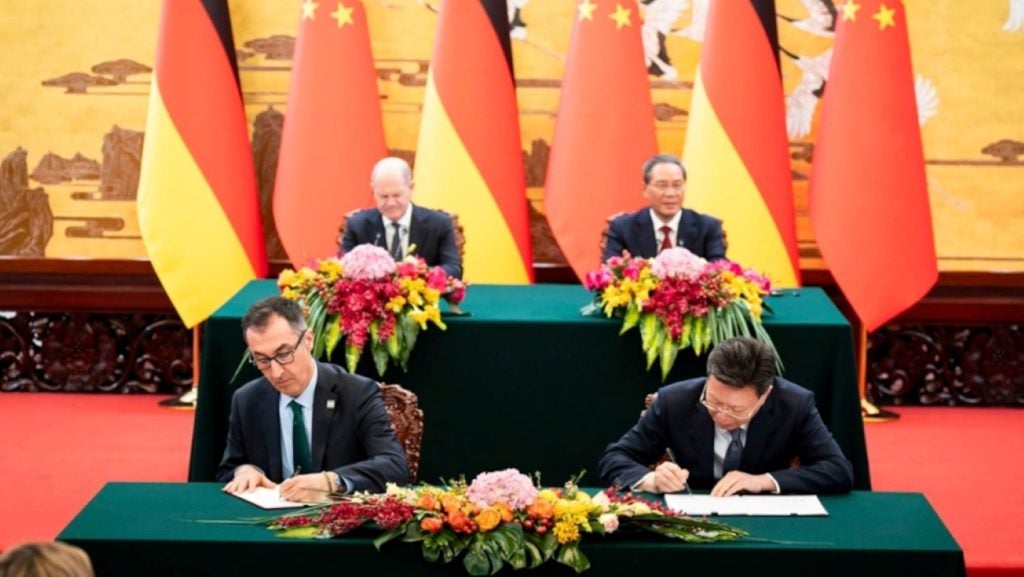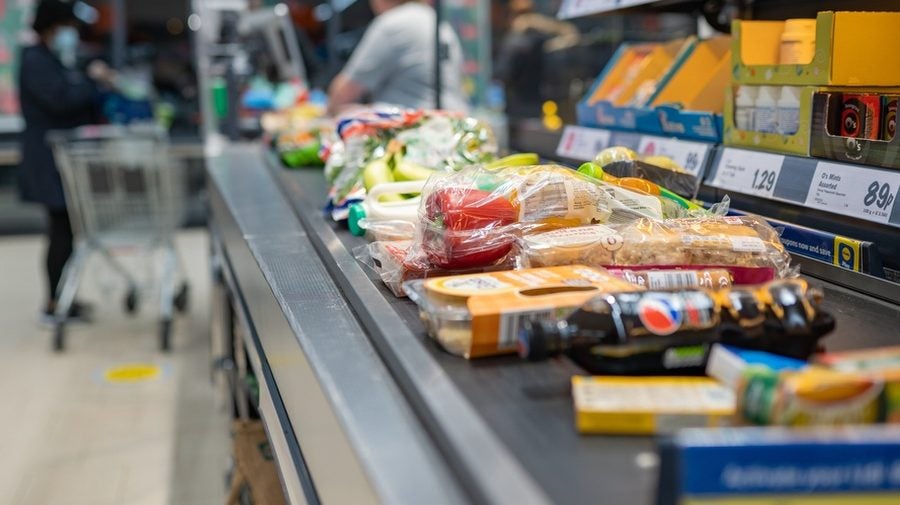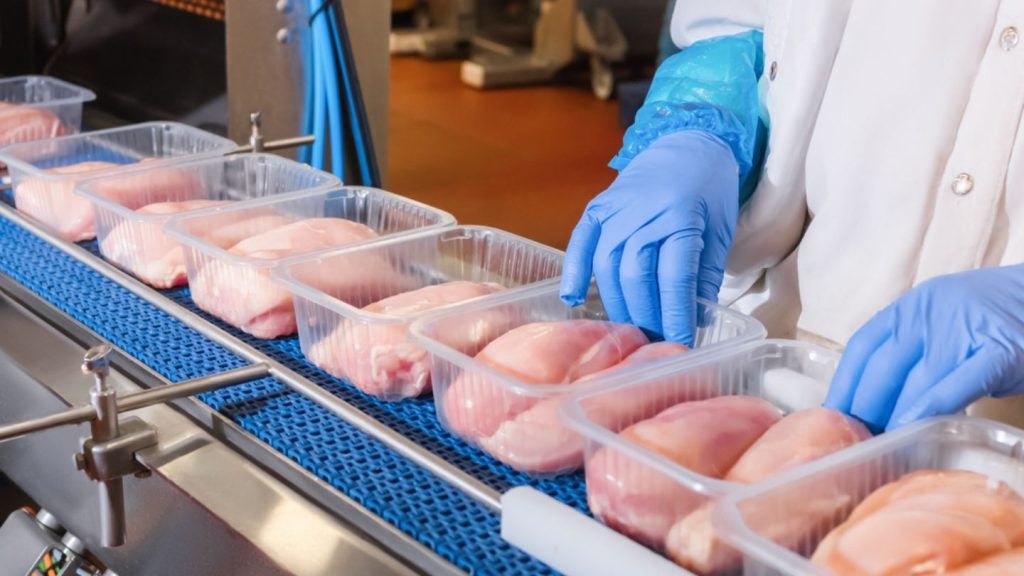Germany has secured the removal of China's ban on its beef products after talks between Berlin and Beijing.
The decision was agreed by Yu Jianhua, the Minister of China's General Administration of Customs and Cem Özdemir, Germany's Minister of Food and Agriculture, in Beijing last week.
China had banned exports of all beef from the EU since 2000, due to the risk of bovine spongiform encephalopathy, or 'mad cow' disease.
Beijing is progressively making moves to relax the regulations. Earlier this year, China also lifted the ban on exports of Spanish beef.
Commenting on the news, Özdemir said in a statement: "Specifically, after many years of negotiations, a joint declaration was concluded for the export of German beef to lift the ban due to bovine spongiform encephalopathy (BSE).
"Germany has taken comprehensive measures against BSE and has been BSE-free for years. Since the BSE crisis of the early 2000s, exporting beef to China has not been possible.
"By signing the declaration, this trade restriction is lifted. On this basis, further steps can be taken to open the market.
"Negotiations are also ongoing between the two countries around Germany's exports of pork to China "from areas that are not affected by African swine fever".
German pork has been banned in China since 2020 after a case was reported in Germany on a dead wild boar on the country's border with Poland.
South Korea also put a ban in place on German pork imports around the same time. Seoul lifted the legislation in May of last year.
The restrictions have had knock-on effects on pork processors in Germany. In 2021, Danish Crown made 100 job cuts at a German slaughterhouse as a result of declining production due to its pause on exports outside of the EU.
Alongside the removal of restrictions on beef exports, new "phytosanitary requirements" rules have also been agreed to allow German apple exports into China for the first time.
Following the agreement, Chinese experts will make "a technical visit" to German apple farms this year to reduce the risk of transferring "quarantine pests" through the export of apples to China. Once the assessment is complete, Germany can start planning its apple exports to the country.
















